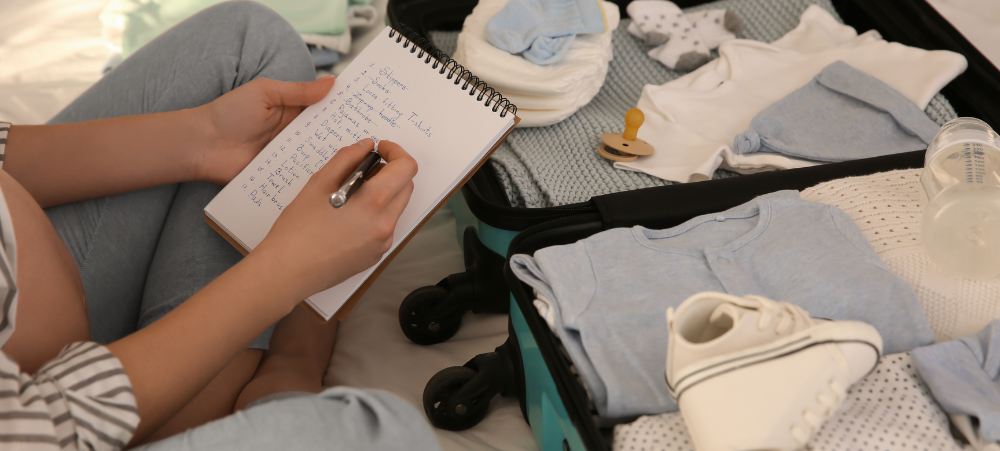Symphysis pubis dysfunction or SPD is pain in your pelvis, which is caused by the relaxing of ligaments in the pelvic bones too early before birth. Many aspects of pregnancy can cause discomfort, and SPD is one of them. Here are the signs of SPD and what you can do if you think you to alleviate your discomfort if you are suffering from it.
What is SPD and what causes it?
Not all moms-to-be will experience SPD but it is thought to be fairly common in pregnancy. SPD is a pain in the symphysis pubis (which can range from moderate to serve) caused by the relaxing and stretching of the ligaments around the pelvic bone. Pain can be brought on by opening your legs, walking up stairs or even turning over in bed, and this may be accompanied by a clicking/grinding sensation in the pubic area.
The cause of SPD in pregnancy is the hormone relaxin, aptly named as it relaxes your joints and ligaments to make it easier for your baby to come out at birth. SPD happens when these hormones come into play too early. Not only that but you’re shifting centre of as your baby grows, which can cause main in your lower back and pelvis as your body shifts to accommodate your little one.
What can I do to relieve SPD
Living with SPD can be uncomfortable at best, so you may be wondering what you can do to help alleviate some pain. Being fit before pregnancy can help, as stronger glute and abdominal muscles can help support your pelvis. Physiotherapy can help manage SPD pain, as a physio will be able to work with you as your pregnancy and pain levels change. Speak to your doctor first, as they may have recommendations for you. Your pelvis should return to normal between 4 and 12 weeks after birth.
For 2025 we have a renewed Female Health Programme:In collaboration with CareWorks, it’s accessible to all female members aged 18 and above, with an emphasis on preventative care and early detection of female-specific health issues. In addition, we have an enhanced Maternity Programme to support expecting mothers. This includes early identification of and weekly engagement for high-risk pregnancies, post-childbirth care and associated mental health follow-up calls for new mums, given the prevalence of pre and postnatal depression. Also, milestone reminders for children under 3 and cover for antenatal vitamins through savings, day-to-day benefits or the Benefit Booster
Bonitas Medical Fund
0860 002 108
View Website: www.bonitas.co.za
- Premature birth – what to expect - November 21, 2025
- Why should I breastfeed my baby, and what if this is not an option? - November 14, 2025
- Why medical aids must go beyond medicine in managing diabetes - November 13, 2025





